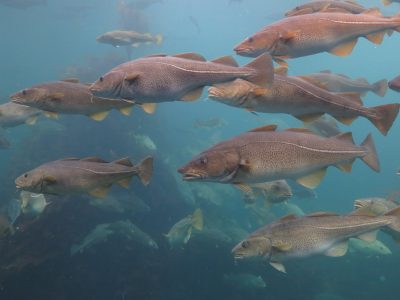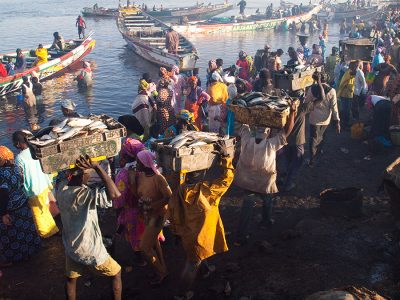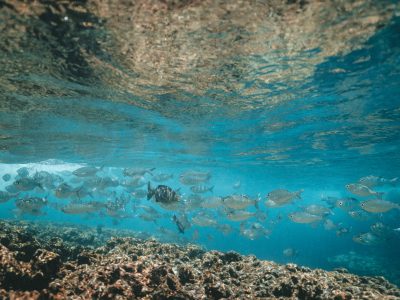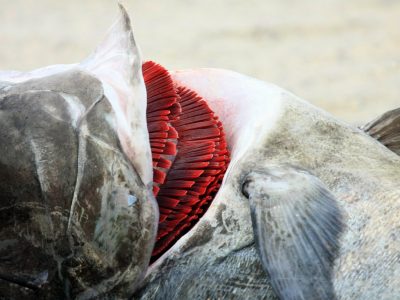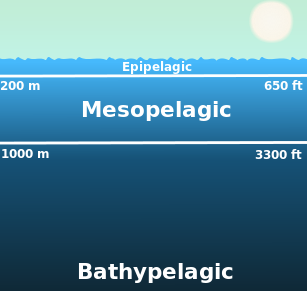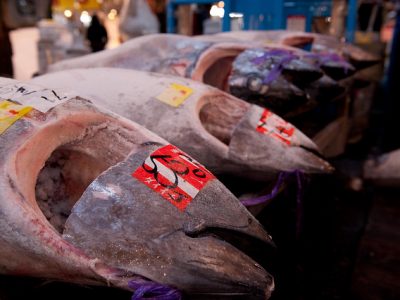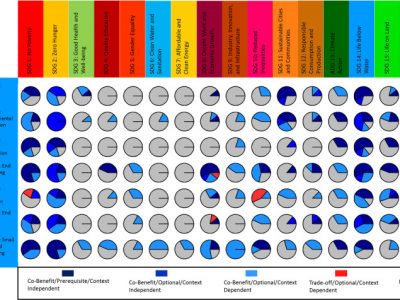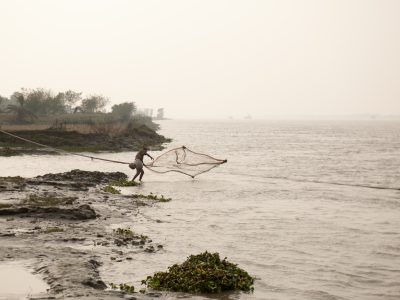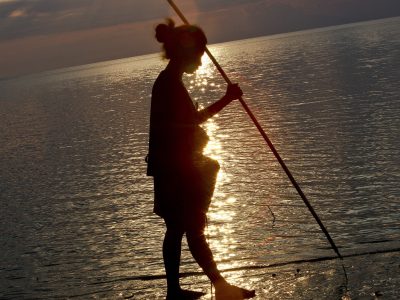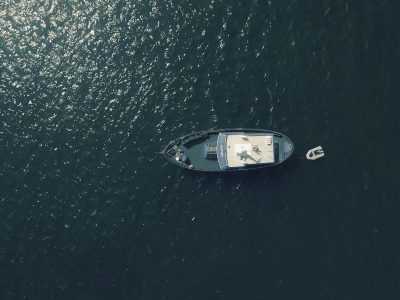Who is eating who? How climate change is modifying predator prey interactions
Climate change is expected to have many impacts on the oceans; one of them is where fish are located in the ocean. Ocean warming is expected to cause fish to shift to different locations that are cooler — generally toward the poles and into deeper waters. But not all fish are moving in the same directions and at the same speeds. This is changing what fish are eating and who are eating them.



